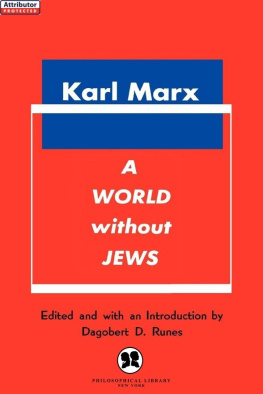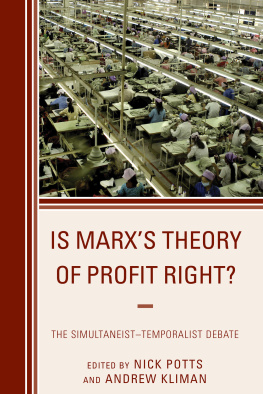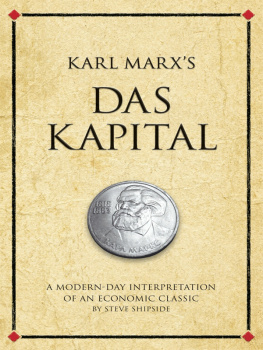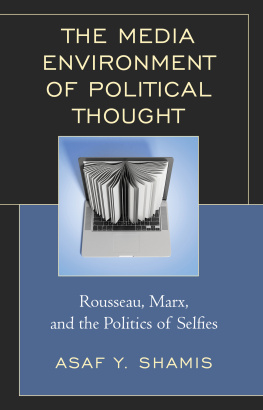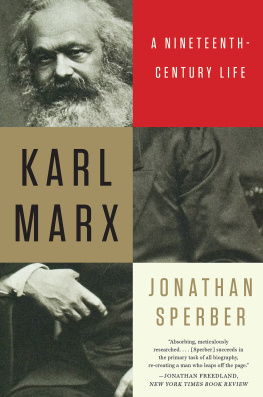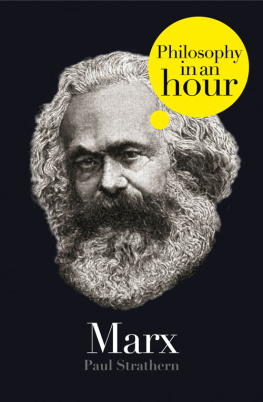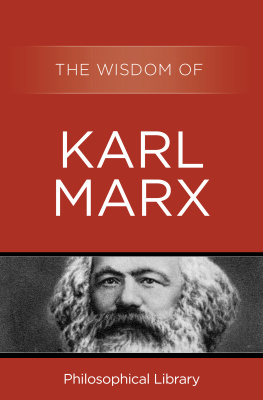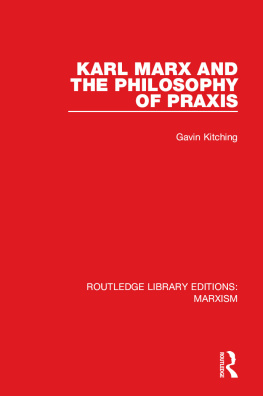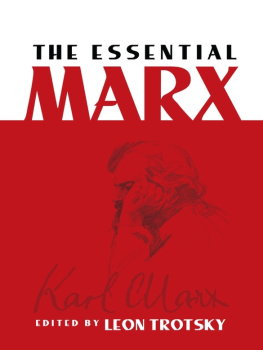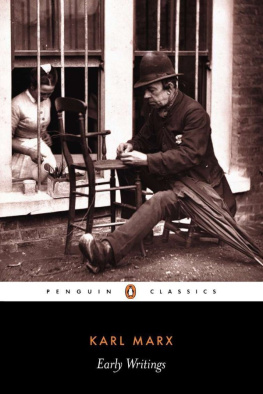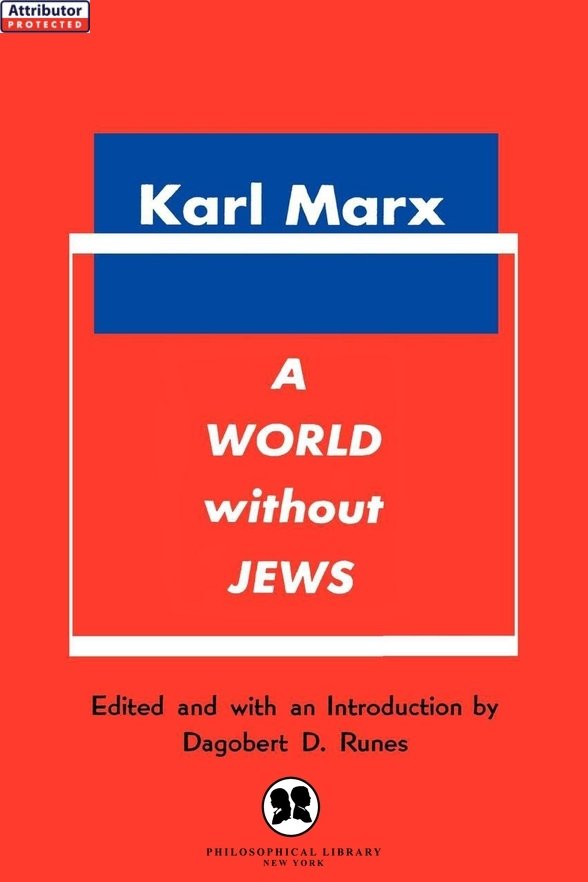FURTHER COMMENT ON THE JEWISH QUESTION
Contrary to the masses the intellectual behaves critically by regarding his own narrow-minded work as absolute and its opponents as sinners. In his first reply to the critics of his work ( The Jewish Question ), Bauer reveals no awareness of its shortcomings but insists that he has traced the true and universal (sic) significance of the Jewish question. His further reply will force him to admit his oversight.
The reception of my work proves that those who have spoken for freedom and who still do so are precisely those who must rebel against the intellect. The defense of my work, to which I will now devote myself, will offer further proof of how lacking in thought are the spokesmen of the masses who think they achieve giant stature when they talk about emancipation and human rights.
The masses must evidently have begun to prove their opposition to the intellectual in connection with this work of absolute criticism, since their very existence is conditioned and proved by their opposition to absolute criticism.
The polemics of some liberal and rationalist Jews against Professor Bauers Jewish Question have naturally quite different critical implications from the mass polemics of liberals against philosophy and of rationalists against Strauss. Incidentally, this quotation from Hegel shows just how original the phrase used above is: The special form of bad conscience which manifests itself in the type of oratory to which that kind of [liberal] shallowness is prone, is noticeable, in the first place, in its talk of the intellect when it is least intellectual and in being most lifeless when it talks about life.
As regards human rights an article On the Jewish Question, in the Deutsch-Franzsische Jahrbcher , proves that it is not the spokesman of the masses but Professor Bauer himself who has misunderstood their nature and abused them dogmatically. Compared with his objection that human rights are not inborna discovery made countless times in England forty years agoFouriers argument that fish, animals, and so on have natural rights is the argument of a genius.
We quote here only a few examples of Professor Bauers contest with Philippson, Hirsch and Company. Even these feeble enemies are not conquered by absolute criticism. Professor Philippson is by no means talking nonsense, as the absolute critic believes, when he voices this objection: Bauer is thinking out a peculiar kind of state... the philosophical ideal of a state. Professor Bauer, who confused the state with humanity, human rights with man, and political emancipation with human emancipation, had of necessity to invent a peculiar state, the philosophical ideal of a state, even if he did not think one out.
Herr Hirsch, instead of writing down his elaborate sentence, should rather have refuted my argument that the Christian state, because a certain religion is its very principle of life, cannot grant... the adherents of another religion full equality.
If Hirsch had really refuted Professor Bauers argument, and shown that the exclusively Christian state is not only an imperfect state but even an imperfect Christian state, Professor Bauer would have replied as he did previously: Reproaches are irrelevant in this connection. To Professor Bauers statement, By pressing against the elastic spring of history the Jews have produced a counter pressure, Professor Philippson answers correctly: Then they must have had some influence on history, and since it is Herr Bauer who says so he must be wrong when he says that they have contributed nothing to modern culture. Herr Bauer answers: A thorn in the eye is also a contributionbut does it contribute to my eyesight? But a thorn that has been in the eye since birth (like Judaism in the Christian world), growing and shaping itself with my eye, is not an ordinary thorn, but a miraculous thorn which belongs in my eye and which must have somehow contributed to the growth of my vision. The critical thorn does not prick Professor Hirsch. Besides, Professor Bauers view of the importance of Judaism in the formation of modern culture has been well refuted in the work mentioned above.
The theological representative of absolute criticism felt so injured when a Rhineland deputy to the Landtag said that the Jews are perverse in their own Jewish way, not in our so-called Christian way that it later called him to task for using such an argument.
Professor Bauer comments on the statement of another deputy that civic equality of Jews can exist only where there are no Jews, by saying: Right. And right only when the other term of criticism, which I achieved in my work, is also present, namely that Christianity, too, must cease to exist.
In his first reply to the attacks on his Jewish Question , the absolute critic still insists that the abolition of religion and atheism are the necessary condition of bourgeois society. He thus reveals that he has not better insight into the nature of the state than that proved by the oversight of his work.
The absolute critic is vexed when something which he claims as the latest scientific knowledge is proved to be generally known. A deputy from the Rhineland remarks: Nobody has stated that France and Belgium are distinguished by a particular clarity in the recognition of their principles. The absolute critic might answer that this statement was projecting the present into the past by claiming that the chronic inadequacy of French political principles today is a traditional state of affairs. But the absolute critic would gain little from such a reply. He must, instead, claim the obsolete view as the present view and the present view as a deep secret, yet to be revealed to the masses by his critical studies.
He must therefore say: This idea (the antiquated prejudice) has been stated by many (the masses); but a thorough investigation of history will prove that, after Frances accomplishment, there remains much to be done about the understanding of principles. And so even thorough historical investigation will achieve no understanding of principles, but merely prove that there is still much to be done on the subject. Quite an assumption, especially after the great works of Socialism!
Much is contributed toward an understanding of present-day social conditions by Professor Bauers remark: The present ruling certainty is uncertainty. When Hegel says that the present ruling Chinese certainty is to be and the Indian one nothingness, etc., the absolute critic joins him in pure fashion when he reduces the character of our time to the category of uncertainty, and all the more purely since uncertainty belongs, together with to be and nothingness, in the first chapter of speculative logic, that of quality.
We cannot take leave of the reader without making a general remark on the first contribution to The Jewish Question .
A main task of absolute criticism is to place all questions of the day in their appropriate form. It does not answer real questions, but substitutes others for them. It must first turn the questions of the day into critical-critical questions. If it is a matter of the Code Napoleon, it would first prove that it is a matter of the Pentateuch. It makes questions topical by critically twisting and distorting them. And so it twisted the Jewish question in such a way that the political emancipation with which it pretended to deal no longer needed to be investigated, and a criticism of Jewish religion and a description of the Christian-German state were made to act as substitutes.

